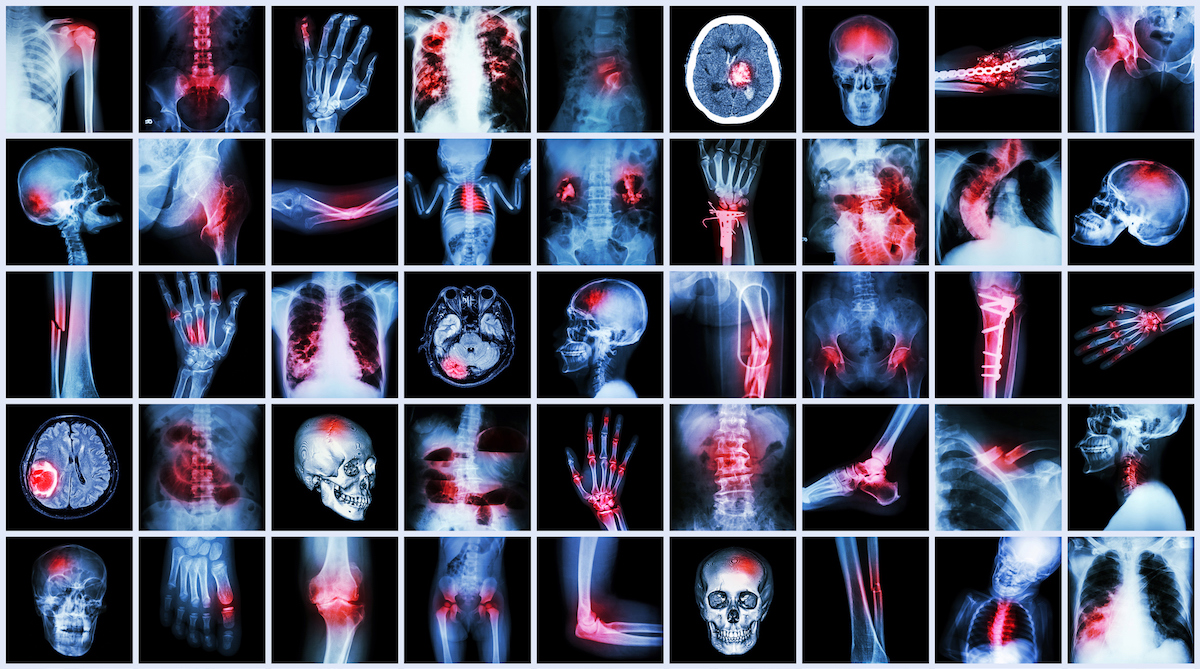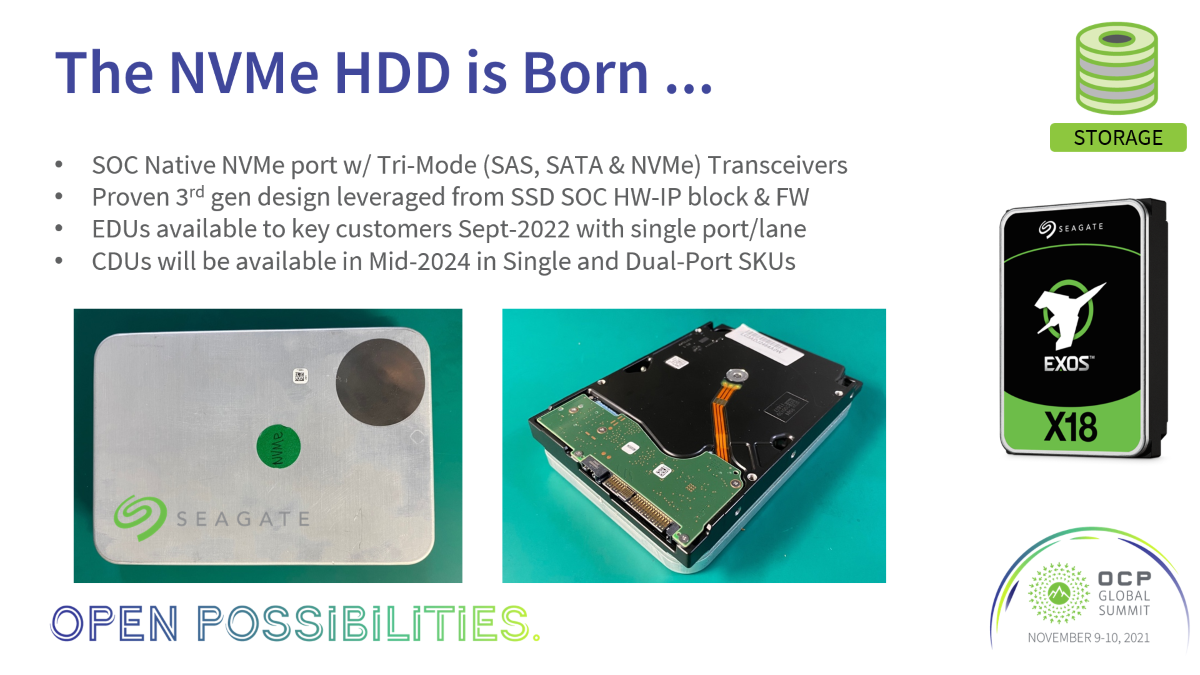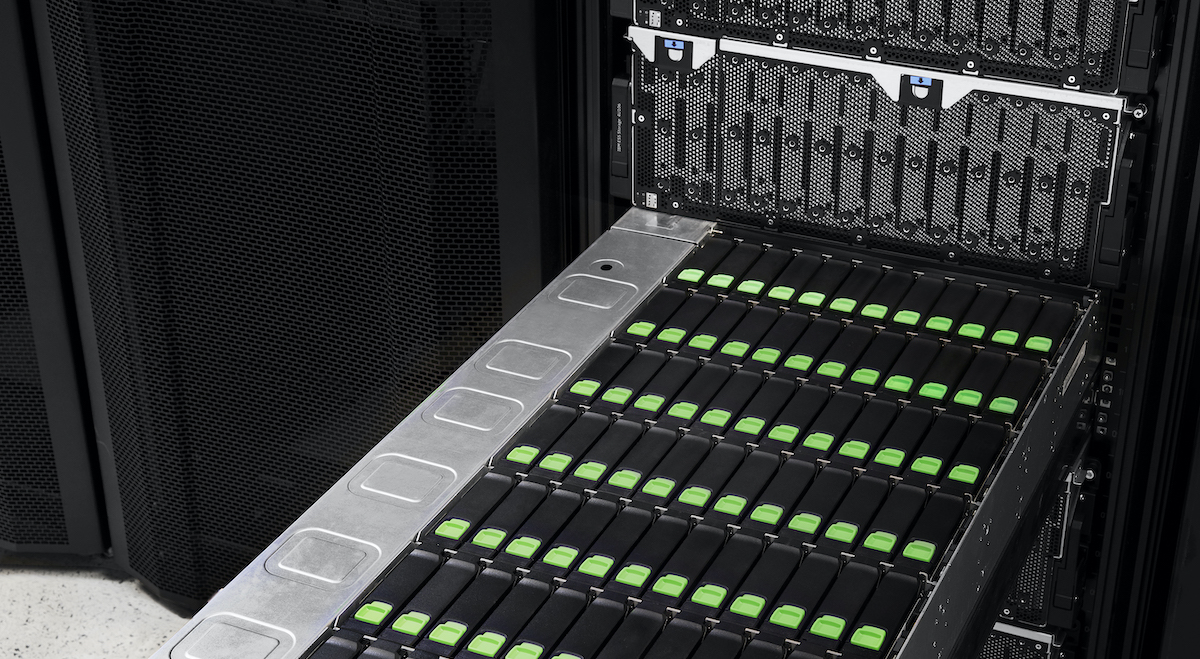With technological and edge-to-cloud infrastructure improvements being made at a breakneck speed, and the global datasphere growing at a more dizzying rate every year, companies specializing in artificial intelligence (AI) are seeking to harness this plethora of data for good.
The emergence of AI continues to spark discussion about how beneficial it may be for applications as varied as healthcare, finance, and law. AI-enabling supercomputer technology is being advanced by top-tier companies, and we’re already starting to see how AI is able to free humans from certain repetitive workplace and everyday tasks and from certain components of dense analytical processes.
Of course, there is hesitation in some quarters regarding deploying AI in fields where the well being of a human is at stake. Companies and investors alike are placing big bets that AI will have a positive impact in the healthcare space. At the same time there is debate about where AI may appropriately play a role; one example is the discussion over whether AI can manage medical decisions ethically in the way a human practitioner does.
The role of AI in healthcare
Indeed, AI is finding a place in medical settings. From faster diagnosis to treatment plan recommendations, a key hope is that AI can help medical professionals to increase precision in all aspects of patient care. A variety of interesting technology developments are emerging, as innovators partner with medical facilities to test and deploy solutions that may see mass implementation in the future.
One interesting technology being developed is PAIGE, which utilizes a subset of AI known as machine learning. PAIGE has an exclusive license with the Memorial Sloan Kettering Cancer Center (MSK), enabling access to their extensive library of pathology slides that detail thousands of different tumors and their associated forms of cancer. By analyzing these pathology slides in a digitized database, PAIGE would use machine learning to compare new patient data against past diagnoses, and develop algorithmic patterns to identify and understand the typical path and nature of certain diseases.
Another AI-assisted system getting buzz lately is the Breath Biopsy, a cancer detection device being developed by Owlstone Medical. This machine-learning device utilizes the chemical makeup of a patient’s breath to analyze disease markers. It intakes, recognizes and analyzes the volatile organic compounds (VOCs) released in the breath of a patient to look for biomarkers that may indicate the presence of a disease. This might allow for the patient to be diagnosed much more quickly, and eliminate the need for invasive tests such as a blood test or a tissue biopsy. For diseases that are difficult to diagnose such as mesothelioma, a cancer of the lungs that often mimics other diseases, this technology could be revolutionary as it would impact the treatment options to be considered by the medical team, especially if used at an early stage. In fact, Owlstone is performing research trials with the International Association of Heat and Frost Insulators and Allied Workers, a group of individuals who have been documented to have been exposed to asbestos, and unfortunately, diagnosed with malignant mesothelioma. With mesothelioma symptoms typically not occurring for 10 to 50 years, this device could be a way to catch this disease before it becomes advanced.
Problems facing AI in healthcare
With any type of technology, there will always be issues or deficiencies that must be improved upon with further development and product iteration. But when the well-being of patients is on the line, every chance of inaccuracy in understanding data, offering prognoses, or defining appropriate solutions must be minimized from the start. AI in the healthcare space is still in its infancy, and it’s likely that significant progress is still required before it’ll be widely adopted.
These active partnerships between AI innovators and medical institutions is crucial to developing and enabling AI’s long-term benefits. To maximize AI’s efficacy in the long run, it’s important that these systems in development have access to rich sources of historical and current medical data, to help improve the learning process and ultimately allow for greater accuracy.
While AI-enabled supercomputers today are able to process and analyze data at a rapid speed, their capability to truly understand and learn from their analyses is limited as yet, and where it is possible it can take a prolonged period of time. In order to become a successful and central part of the medical field, AI systems in development now will need to pore through reams of historical and new data about diseases, learn to differentiate between similar diseases, incorporate considerations of previous diagnoses, and learn from past mistakes.
How AI uses data: medical ethicists and patients see pros and cons
Another important factor to consider is how patients will feel about receiving a diagnosis from a computer.
Doctors study medicine for years, and train under the most qualified professionals, before they begin to practice on their own. Supercomputers can’t be trained in the same way, of course. Instead, these computers store large quantities of reference materials, and analyze them in order to make inferences.
A doctor’s hands-on learning, human experiences and interactions with patients comprise a vastly different kind of process than a computer’s data-fed analysis. It’s so different that it raises questions about whether a supercomputer can ever understand the humanity of its medical subjects, whether it can comprehend ethics from a human perspective, or learn to behave in an ethical manner, as every doctor is expected to. How trustworthy is a supercomputer when compared to an oncologist? Many ethicists believe that regardless of how advanced AI-enabled computing becomes, AI should always be used only as a tool to enhance doctors’ understanding and their decision-making, not to replace them.
Data analysis is just one of the many layers to AI and healthcare; data security is yet another concern. While there are certainly patients who are on board with having a system access and analyze their patient records, some will worry about potential pitfalls.
With massive amounts of data being processed at any given time, patients will naturally be concerned about how their data is being used, who has access to it, and about any potential data breaches. If patients are wary and unwilling to allow access to or the use of their medical data, that could hinder the adoption of these types of systems. In addition there may be variability as to what can and cannot be disclosed between and among different AI-enabled systems and medical organizations, in accordance with the Health Insurance Portability and Accountability Act (HIPAA). HIPAA was designed to create standards around privacy of medical records and other information such as insurance, health care providers and more.
The future of AI and healthcare
AI can become a powerful resource in the medical field, under the right conditions. As these systems begin to comprehend more data, the accuracy of diagnoses will improve. However, in order for this to occur, patients will need to decide whether they’re willing to participate and play an active role in providing these machines with the data that will be utilized.
As with any developing technology that gets a lot of hype, we often hope or even expect things to work immediately and start producing results today. AI is making huge strides but it’s also still early days. I’ll expect continued advancements in AI and in the AI-enabled products finding their way into medical settings in the near future. But I also expect it’ll take many years before we see widespread use of fully AI-enabled applications in medicine. When that happens, I expect we’ll eventually see almost miraculous results in medical care.







